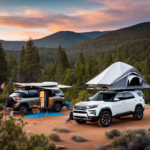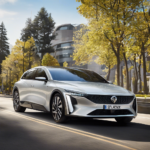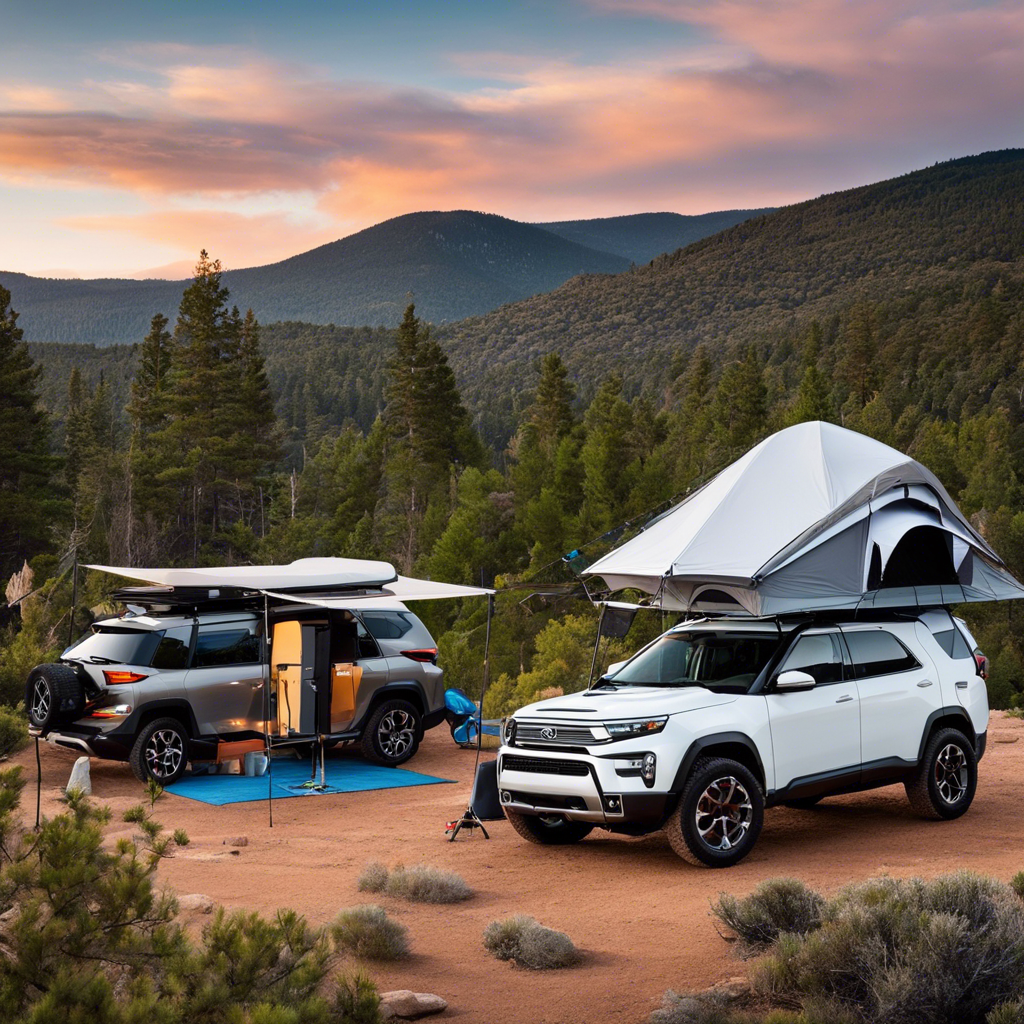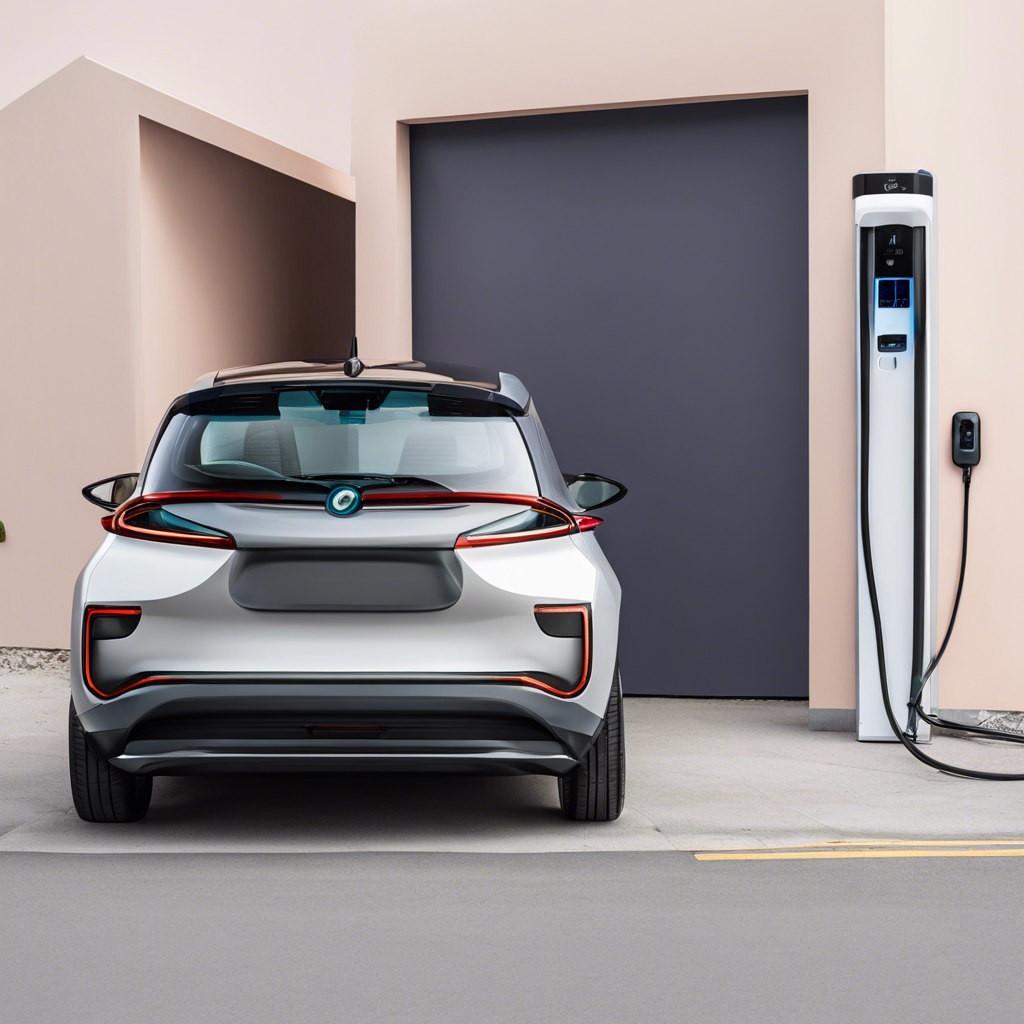Buying a car is an exciting yet daunting task, especially for first-time car owners. It’s easy to get overwhelmed with the numerous options available, leading to hasty decisions and potential regrets later. From my years of experience as an automotive enthusiast and industry observer, I’ve identified some common pitfalls that car buyers often stumble into. Here’s your guide to steering clear of these mistakes and making a confident, worry-free purchase.
## Impulsive Decisions: The Enemy of Smart Buying
One of the biggest blunders car buyers make is rushing into a purchase without adequate research. The allure of a shiny new car or a seemingly great deal can cloud judgment and lead to impulsive decisions. This is especially true when you’re buying from a dealership that uses high-pressure sales tactics. Take your time, research different models, and understand your needs and budget. Remember, a car is a significant investment, and a moment’s impatience might lead to years of dissatisfaction.
## Lack of Research: Know Your Car and Your Needs
Comprehensive research is the cornerstone of a successful car purchase. Don’t limit your knowledge to the car’s make and model. Dive deeper into aspects like fuel efficiency, maintenance costs, resale value, and available features that cater to your specific needs. For instance, if you have a large family, consider vehicles with ample seating and storage. If you’re an adventure seeker, look for vehicles with robust performance and off-road capabilities. Understanding these factors will help you make a more informed decision.
## Overlooking the Long-Term Costs
The price tag on the car isn’t the only cost you’ll encounter. Many buyers forget to factor in long-term expenses like fuel, insurance, maintenance, and repairs. These costs can vary significantly between different vehicles, and what seems like a bargain at the dealership might end up costing you more in the long run. Always consider the total cost of ownership over the car’s lifetime, not just the initial purchase price.
## Ignoring the Test Drive
A test drive is more than just a joyride. It’s an essential part of the car-buying process that should not be skipped. The look and feel of a car might be appealing, but how it drives can be a different story. A test drive allows you to experience the vehicle’s performance, handling, comfort, and even the practicality of its features. It’s also an opportunity to check for any potential issues or noises that might not be apparent otherwise.
## Falling for the ‘Allure of New’
The new car smell and the promise of the latest features can be tempting, but don’t discount the benefits of buying used or pre-owned vehicles. These cars often come at a lower price point and have already taken their biggest depreciation hit. You can find excellent value in pre-owned cars, especially if you choose a certified pre-owned (CPO) model, which typically comes with an extended warranty and a thorough inspection.
## Ignoring Financing Options
Buying a car is not just about the upfront cost. How you finance your purchase can significantly impact your overall cost. Many buyers overlook the importance of exploring different financing options and end up with high-interest loans. Shop around for the best rates and consider various financing avenues, such as bank loans or credit union financing. If you’re trading in your old vehicle, negotiate this part of the deal separately to ensure you’re getting the best value.
## Skipping the Negotiation Process
Negotiation is an essential skill in car buying. Many buyers are uncomfortable with negotiating, but it can save you thousands of dollars. Remember, the price on the window is not set in stone. Dealers often have wiggle room in their pricing, especially on new cars. Do your research, know the value of the car, and be prepared to haggle. If you’re not a confident negotiator, bring along a friend or family member who can help.
## Not Considering the Resale Value
When buying a car, it’s essential to consider the vehicle’s potential resale value. Some cars retain their value better than others, which can be beneficial when it’s time to sell. Check out resources that provide resale value predictions and choose a vehicle that is known for holding its value well. This foresight can save you money and make your next car purchase easier.
Avoiding these common mistakes will put you in the driver’s seat of a confident car-buying experience. Remember, knowledge is power, so do your research, understand your needs, and take your time. Whether you’re buying a brand-new SUV or a pre-owned sedan, these tips will help you navigate the car-buying journey with ease and satisfaction.










